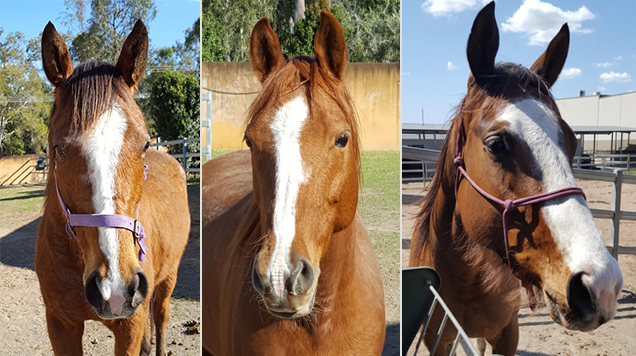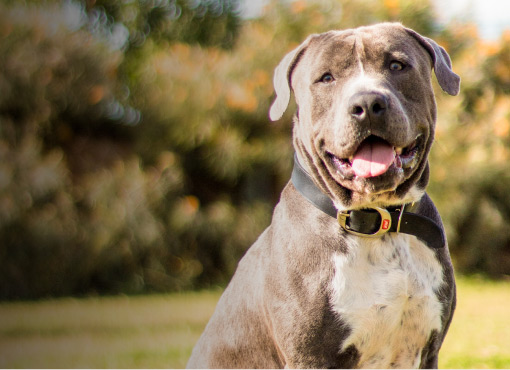When horse cruelty complaints involve a number of horses on a property, RSPCA refers those complaints to Biosecurity Queensland for investigation. This is part of an agreement between the two agencies due to the fact that
RSPCA Queensland only has 22 Inspectors across Queensland, and they aren’t located in every inch of the state. The agreement also provides that Biosecurity Queensland investigate industry, zoos, and livestock in larger numbers. So often, the location of a job or the volume of livestock involved means that Biosecurity Queensland/Department of Agriculture and Fisheries investigate. But RSPCA can take those complaints on their 24 hour hotline or through the website, and forward them to Biosecurity Queensland.
When you see animal welfare concerns, report it to our 1300 ANIMAL emergency hotline. Remember, we only need one report to investigate, or where required, pass the information onto the appropriate government department. Multiple reports about the same case, without any new information, do not assist our inspectors or the animals involved. They drain resources and impact on the investigation, sometimes by alerting the animal owners who then move the animals to avoid RSPCA attention.
People often forget the RSPCA is a charity and limited in resources and funding, and often forget that we are not a government or taxpayer funded organisation. Inspectors are funded by donations from the general public. Biosecurity Queensland is a part of the government Department of Agriculture and Fisheries. Their inspectors have the same investigation powers as RSPCA Inspectors.
One particularly difficult aspect of horse cases is the fact that RSPCA do not have endless paddocks or housing facilities at their disposal. These cost money, which sadly RSPCA does not have in unlimited supplies. So
we rely on foster carers, volunteers and donations – and when horse jobs increase, it can be a real challenge to juggle our resources. So seizing horses needs to be done, in some cases, only as a last resort.
It can also sometimes be incredibly frustrating for our Inspectors when investigating horse cruelty complaints because
often the best way to manage sick horses is on their current property as transport can be dangerous to their health and not all horses float easily. This often leads people to assume that nothing is being done, which could not be further from the truth. Managing horses on the current property does not mean our Inspectors aren’t aware of the situation. Our Inspectors spend a great deal of time travelling back and forth from the location of the horses, engaging with the owners. They try to educate horse owners on proper feed and horse care on site at their homes when cases are brought to our attention. Where action needs to be taken, an Animal Welfare Direction can be provided to the owner which they must abide with by law. Our Inspectors can follow up progress from there and check compliance to ensure the issue is resolved appropriately.
But not every horse owner is hospitable to our Inspectors and not all follow Animal Welfare Directions either, which means animals may then be seized and owners may be prosecuted. A recent finalised case, highlights this issue all too well.
Bonnie, Casper and Lexie were just some of the horses at a property that were seized after their owner failed to take appropriate Animal Welfare Directions to improve their health.
Within 8 days of being in RSPCA care, Bonnie gained 10kgs, Lexie gained 37kgs and Casper gained 18kgs. This was all simply due to appropriate food and worming.
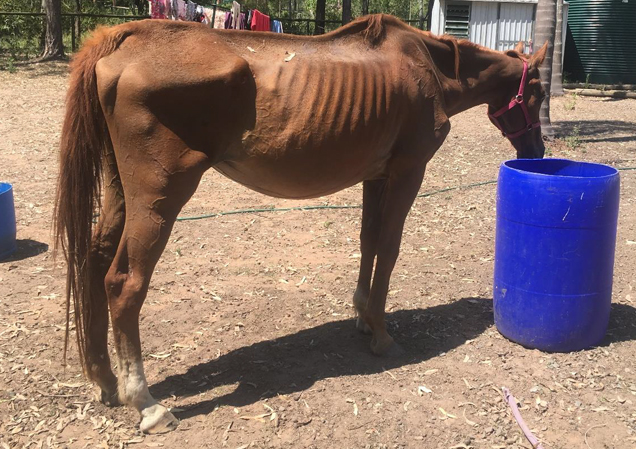
Above: Bonnie before receiving RSPCA care
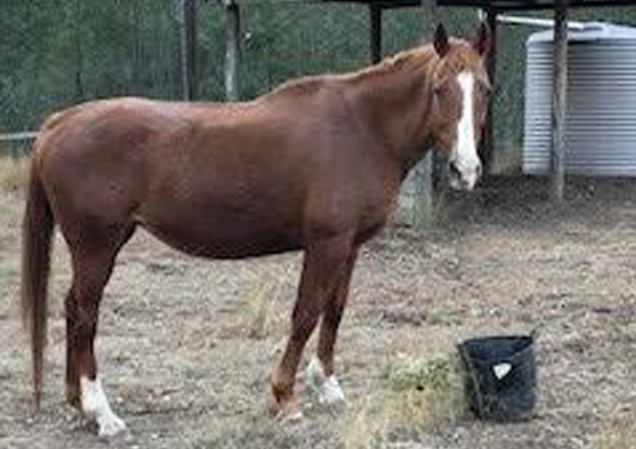
Above: Bonnie after receiving RSPCA care
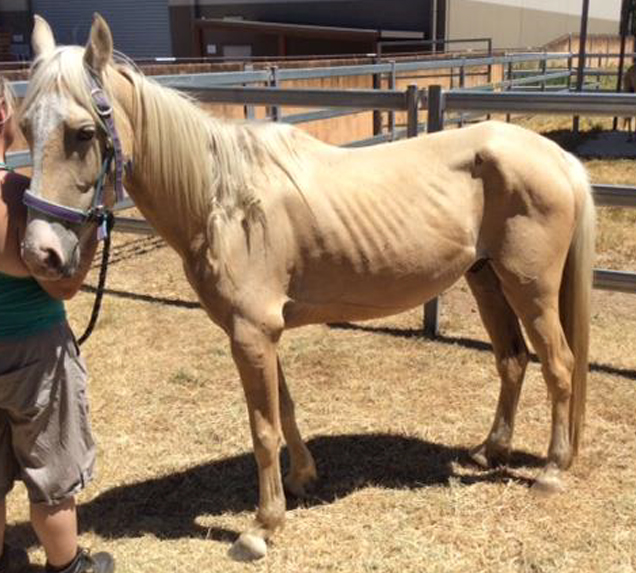
Above: Casper before receiving RSPCA care
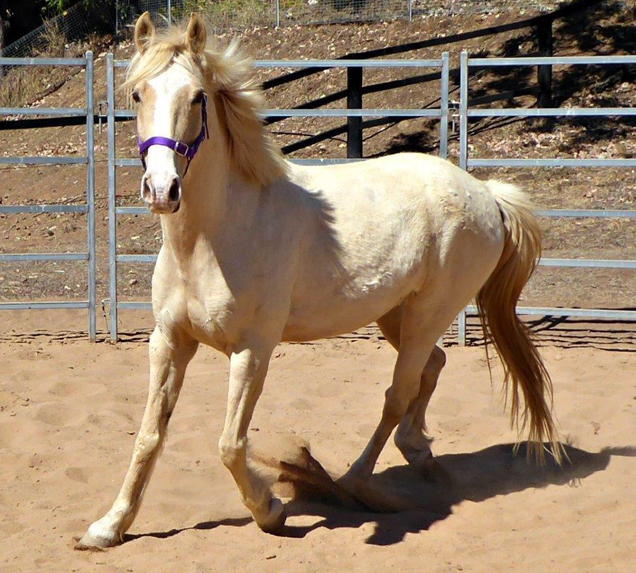
Above: Casper after receiving RSPCA care
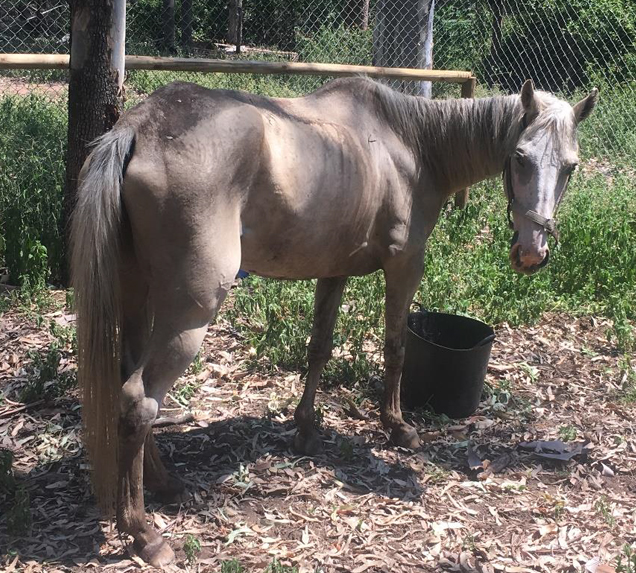
Above: Lexie before receiving RSPCA care
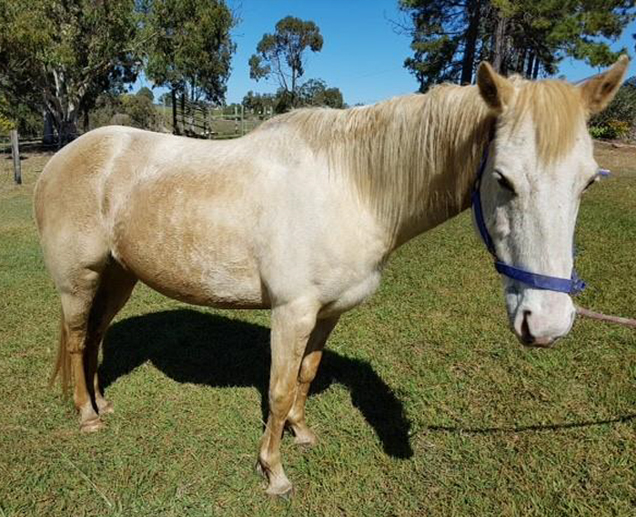
Above: Lexie after receiving RSPCA care


